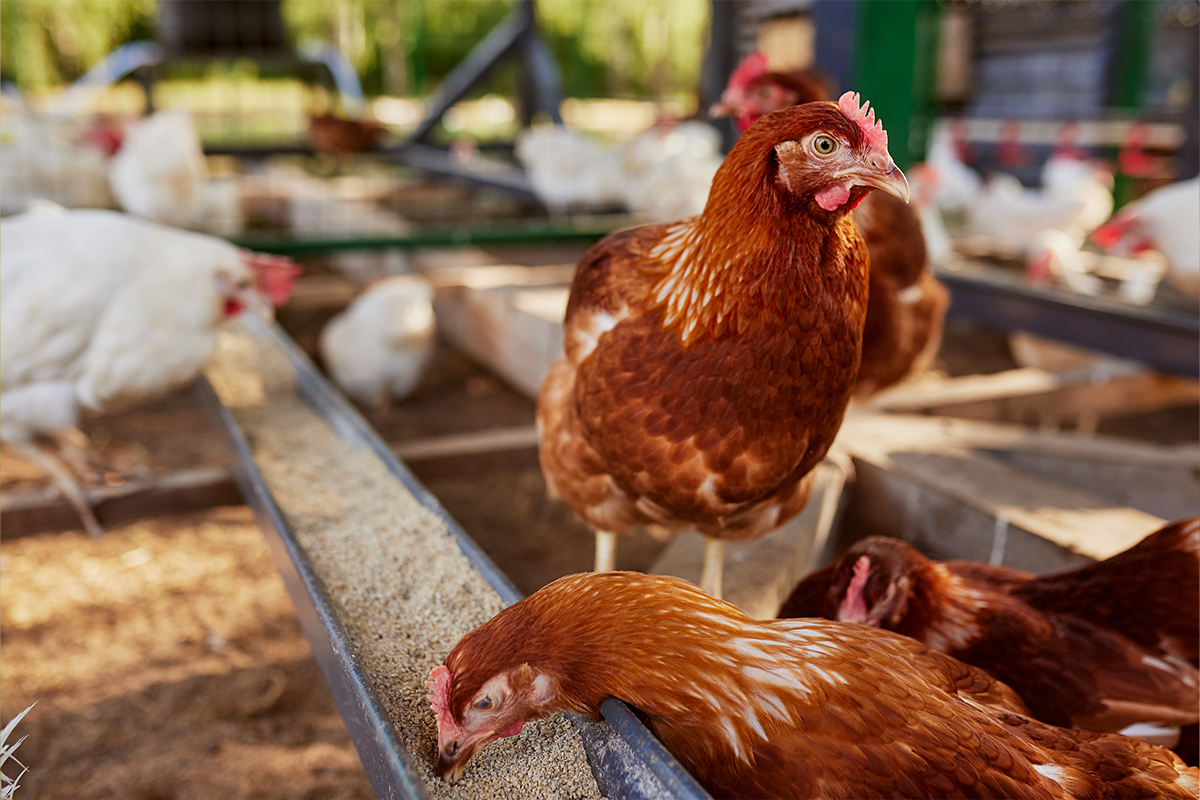Advertisement
Superbugs, Viruses, and Agribusiness
Sometimes it seems that if an industry doesn’t want to heed the message, it shoots the messenger. Microbiologist James Zahn, PhD, formerly with the United States Department of Agriculture (USDA), has identified bacteria in the air surrounding industrial hog farms. These bacteria can make people sick and are resistant to antibiotics. Zahn’s studies suggest that … Continued

Sometimes it seems that if an industry doesn’t want to heed the message, it shoots the messenger.
Microbiologist James Zahn, PhD, formerly with the United States Department of Agriculture (USDA), has identified bacteria in the air surrounding industrial hog farms. These bacteria can make people sick and are resistant to antibiotics.
Zahn’s studies suggest that billions of these superbugs travel across property lines, endangering the health of neighbours and their herds. But Zahn was ordered by the USDA to cancel the presentation of this research at an April 2002 conference of family farm advocates and environmental leaders in Iowa. According to documentation from Robert F. Kennedy Jr., lobbyists from the National Pork Producers Council prompted the order from the USDA.
Like hogs, cattle kept in overcrowded feedlots also are subject to disease and therefore pumped with antibiotics. A study published in the Canadian Medical Association Journal (1998) showed that antibiotic resistant bacteria are a byproduct of the beef industry.
Is it Avian Flu – or Superbugs?
During the avian flu epidemic raging among factory chickens in British Columbia’s Fraser Valley in the spring of 2004, the province’s chief veterinarian, Ron Lewis, wondered, “Why chickens on free-range farms haven’t been infected?” (CBC Radio News, March 23, 2004.) Lewis’ question should have scuttled, once and for all, the theory that the avian flu is caused by a virus in the feces of wild birds that has been dropped on the farms. If this were the case, free range chickens with access to open pasture, green feed, and no antibiotics should be more vulnerable to this virus than overcrowded factory birds kept under cover in barns and given formula feed laced with animal byproducts and antibiotics.
Consumer Reports (December 1, 2002) reported nearly half of factory farm chickens tested were contaminated with bacteria resistant to important human antibiotics. Crowding thousands of birds together in small spaces is clearly not conducive to their good heath.
Although thousands of perfectly healthy chickens, racing pigeons, and rare fowl have been killed – at great economic cost and distress to their owners – what is now alleged to be an avian virus could prove to be an antibiotic-resistant superbug. Factory chickens are routinely given antibiotics to prevent infections. Various antibiotics deplete the body of important B vitamins and minerals. Additionally, all antibiotics destroy friendly bacteria in the intestinal tract and can cause a condition in humans known as dysbiosis. According to the Drug-Induced Nutrient Depletion Handbook (Lexi-Comp, 2001), dysbiosis in humans can mimic flu symptoms.
Why should chickens be any different?




